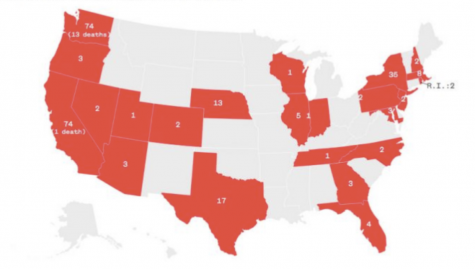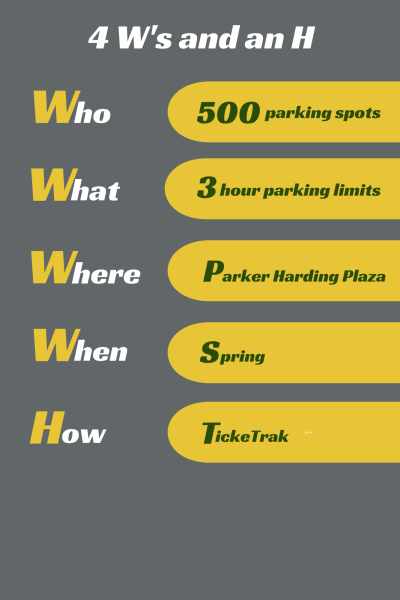Niche ranks Staples’ teachers as number one in Connecticut
Last week, Niche, an online resource that allows parents to compare various public and private schools by district, ranked Staples High School teachers as first in the state.
For those who have not always gone to school in the Westport School District, this does come as a shock. Olivia Troy ’16 compares the teachers at Staples to those in her previous private school.
“They offer a lot more help and seem to know in depth what they are talking about instead of just reading off a curriculum,” Troy said.
According to the Niche website, a high ranking like Staples’ should exhibit the following traits: good educational outcomes, a happy student populace and a school that is invested in its teachers and students and vise versa.
“This is a great honor for the Westport community, the Westport Public Schools, our Westport teachers and administrators and our parents, who work to support our efforts in so many ways from year to year,” Superintendent Elliott Landon said.
Niche bases their rankings on six separate categories, which include survey responses, academics, average salary for a teacher, average number of absences teachers take, number of teachers in their first and second year and the student-teacher ratio.
Staples received a 4.1 out of 5 in the student/parent surveys, an A+ in academics grading, a student teacher ratio of 12:1, 17.3 percent in teacher absenteeism and 5.9 percent of teacher in their first and second year.
Landon said the teachers’ success is due in part to the dedication of considerable resources to on-going staff development in order to enhance their careers in the Westport School District.
Quincy Cuthbertson ’17 mentions her preference of receiving teachers who are more veteran to Staples.
“They know what the students like and what helps them be successful,” Cuthbertson said.
Cathy Schager, a social studies teacher, questions the validity of what these statistics mean.
“What about the teachers working in schools where kids are most likely to drop out? What about examining how teachers fare in schools that can’t afford textbooks, let alone smart boards and kayaks?” Schager said.
According to Schager, it is nice to receive recognition on the work they do, especially given the hard work of her colleagues. Though, in her opinion, these studies do not take into account the support that the students are given at home, both financially and otherwise, to focus on the academic parts of that student’s life.
“Of course no matter where one teaches there are challenges, but I fear that this study doesn’t really show what makes us good teachers, nor does it consider the terrifying achievement gap taking place among neighboring schools all over this country,” Schager said in an email interview. “ Instead, it confirms the obvious – that wealthy districts beget high achieving students.”

Katelyn Deagro ’17 is no stranger to winning. As a member of the Saugatuck Rowing Club’s nationally ranked team, she has competed in various elite...



























































